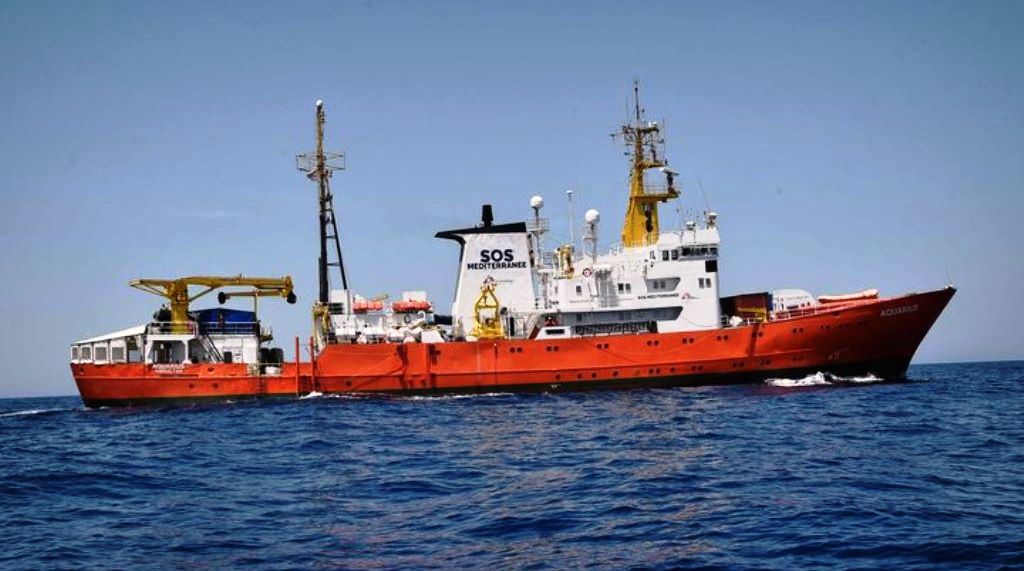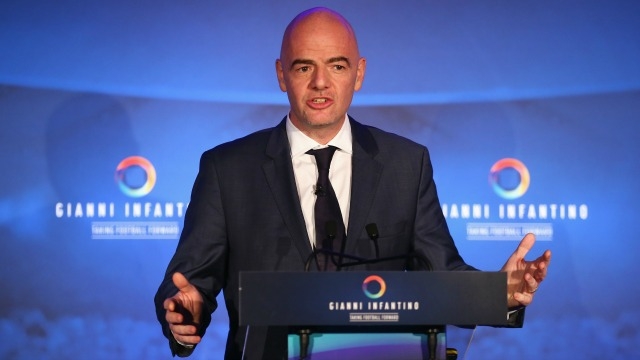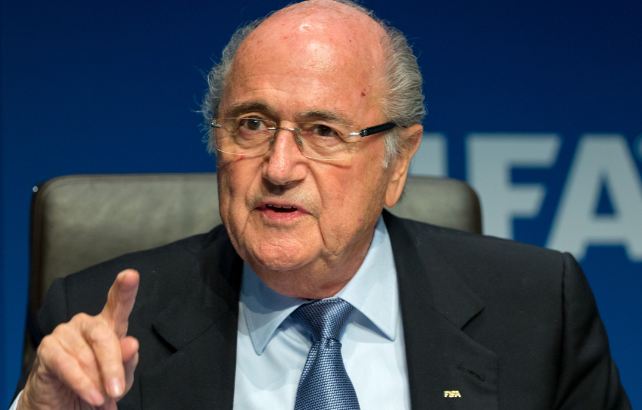The Centre of Democracy Development, CDD, has urged Nigeria to rise up to the occasion and ensure that the application of Morocco to join the Economic Community of West African States, ECOWAS, is rejected.
The Director of CDD, Idayat Hassan, made the call on Thursday at the High-Level Policy Dialogue on Morocco’s application to the ECOWAS.
According to Ms. Hassan, Morocco, since its formal request on February 24, to join ECOWAS has relentlessly pursued the agenda by designating an ambassador to ECOWAS on March 2.
She said the move by Morocco to join the ECOWAS is a direct challenge to the leadership of Nigeria in the sub-region.
“ECOWAS is for the states in the West African sub-region and in this regard, the revised treaty defined the region as the geographical zone known as West Africa as defined by a resolution of the then OAU Council of Ministers.
“Morocco is not classified among the member states of the ECOWAS by the UN and the African Union.
`Why will Morocco in the Maghreb want to join ECOWAS? what exactly does the region have in common either in terms of economic, religious and cultural affinity with West Africa?
“Morocco host the Arab Maghreb Union so why will the host of AMU want to join West Africa? More so, it is an associated country of the European Union.
“Morocco’s move to join the ECOWAS is a deliberate ploy to reduce the influence and strength of Nigeria,” she said.
Ms. Hassan said Nigeria has contributed a lot financially in its 42 years of ECOWAS existence.
“Morocco has always held an observer status in ECOWAS since 2005 so why then have a full membership?
“When you have the likes of Mauritania exiting ECOWAS though in West Africa because it said it is more of the Maghreb in terms of orientation.
“I think Nigeria having invested so much for 42 years into ECOWAS and on the ideal it stands for, even for the fact that Morocco itself is a monarchical system it is not a democratic so why allow a monarchy to come into play?” she said.
Ms. Hassan said that the ascension of Morocco into ECOWAS would change a lot of things adding that “for example how do we adopt the supplementary protocols on democracy and good governance on Morocco?
Earlier, President of the ECOWAS Commission, Marcel de Souza, who was represented by Babatunde Idowu, Programme Officer, Office of the ECOWAS President, commended the initiative of the dialogue.
Mr. De souza said that the dialogue would serve as a platform to interrogate, deliberate and discuss Morocco’s ascension to ECOWAS with a view to understand the incentive and motivations behind Morocco’s decision.
He said that ECOWAS had worked hard to harmonise all sectoral policies and it could be theoretically posited that ECOWAS’s greatest achievement was its power of attraction and persuasion.
He said that perhaps, it was within that soft power theory that Morocco’s application to join ECOWAS, Tunisia’s application for ECOWAS observer status and the return of Mauritania to ECOWAS should be interrogated, debated and discussed.
NAN reports that ECOWAS leaders met in Liberia in June to discuss the prospects of Morocco joining the bloc, saying it had agreed in principle to consider the request, even though Morocco is geographically located in North Africa.
Morocco’s move came roughly six months after it re-entered the African Union in January, 33 years after it left the continental body in 1984 due to disagreements about the independence of Western Sahara.
The African Union recognises the independence of Western Sahara, which is also a member of the union, as a sovereign state, even though Morocco still considers it an occupied territory.
African countries reached a consensus to discuss pending issues about Western Sahara for another day in order to admit Morocco “back in the family”.
NAN


